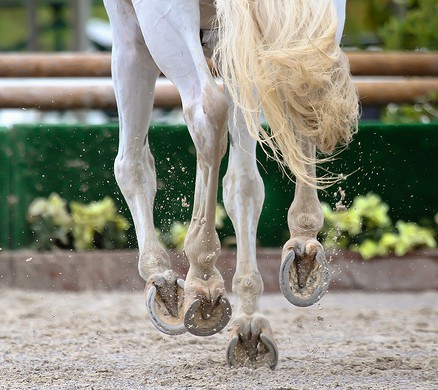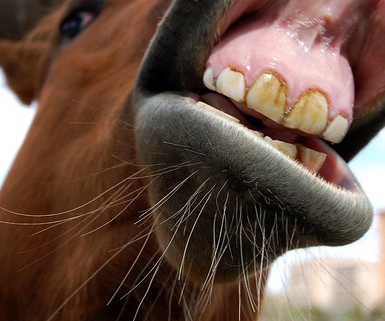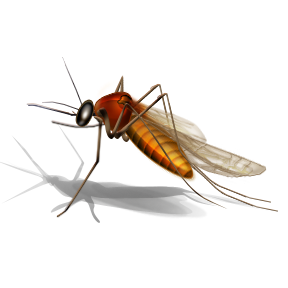
QUESTION: Is it time for spring shots?
ANSWER:
Warm days, green grass, tulips beginning to show, and the familiar buzz in the background are all signs that Spring is here.The first thought is, “it’s too early”, but sure enough, the bugs are here.Insects are powerful and efficient transmitters of disease.It is the threat of their annual appearance, which reminds us that is time to consider our horses and their “spring shots.”
The term “spring shots” can be a vague one.In general, we consider it the vaccinations which will cover insect borne diseases, as well as those communicable diseases that are passed from horse to horse as we start getting them out, and hitting the proverbial trail.
One of the more commonly administered vaccines for spring is often referred to as a 5-way shot.This label represents the 5 diseases that the vaccine is meant to prevent; Eastern Equine Encephalitis (EEE), Western Equine Encephalitis (WEE), Tetanus, Influenza (Flu), and Rhinopneumonitis (Rhino).This year you may also hear of a 6-way shot, which adds West Nile Virus (WNV) to the above vaccine.
EEE, WEE and WNV are all diseases that are transmitted by mosquitoes.These diseases most commonly cause a condition known as encephalitis, which is swelling and inflammation in the brain and spinal cord.Infection with these diseases can be life threatening and leave some horses with permanent nerve damage.
Flu and Rhino are diseases that we consider respiratory diseases most commonly.Like the flu and cold in humans, our equine companions can catch these viruses from other infected horses, sick or not.Also like humans, our horses can exhibit similar respiratory symptoms when affected by these viruses.Runny noses, coughing and fever are commonly seen when horses are sick from Flu or Rhino.
Horses as a species are also one of the most susceptible animals to Tetanus.Tetanus happens when the bacteria Clostridium tetani infects a closed wound.The disease can be fatal if not caught VERY early and is easily preventable with yearly booster vaccination.
Along with vaccines, there are a few other “house keeping” things to consider with your horses.Spring is a good time to remember to de-worm your horses.In the spring, we usually use a combination de-wormer.Combination de-wormers are an Ivermectin product, combined with another class of de-wormer called Praziquantel to provide coverage against any possible tapeworms.Having a routine dental examination to assess whether or not your horse is due for a dental float is also a good idea.
Spring is also a great time to clean up your pens (hopefully before mud season is here!) and consider how to best manage your horses to minimize exposure to insects.A good fly control program can improve the quality of your horses’ day to day life, as well as decreasing exposure to bacterial and viral diseases.Also making sure that there is no unnecessary standing water around to minimize the exposure to mosquitoes (for horses AND humans) can really decrease exposure of everyone to West Nile Virus.
By getting all of the preventative care and house-keeping tasks completed this Spring, you can focus on spending time with your horse, in the saddle or otherwise, and enjoy all of the nice weather that a Colorad










